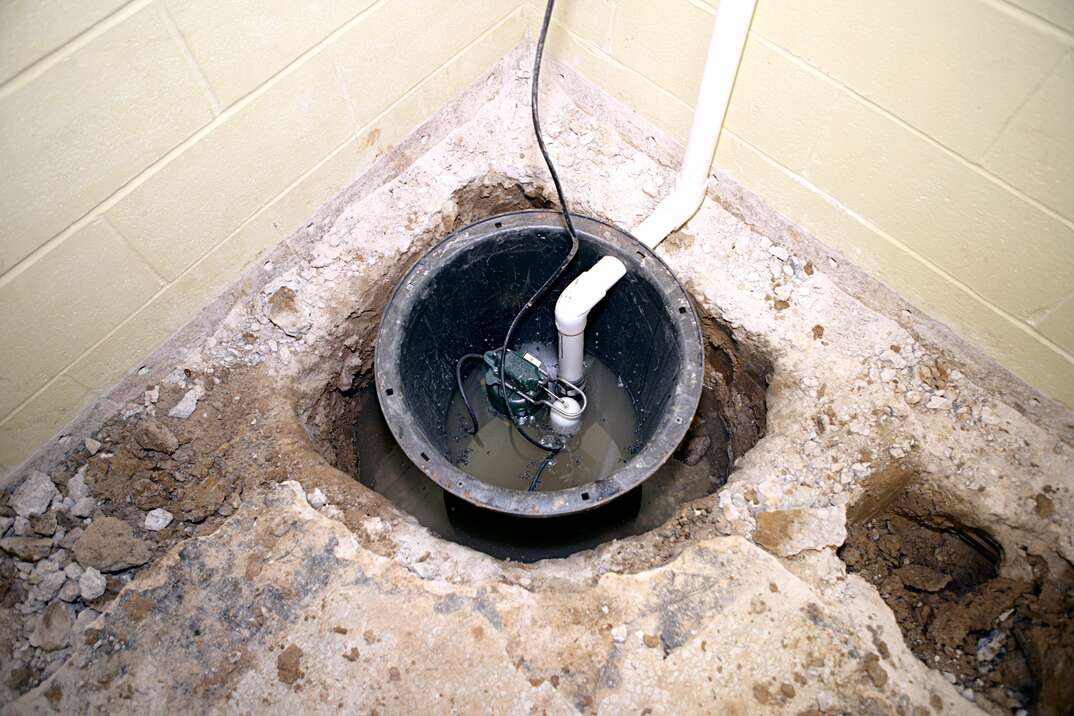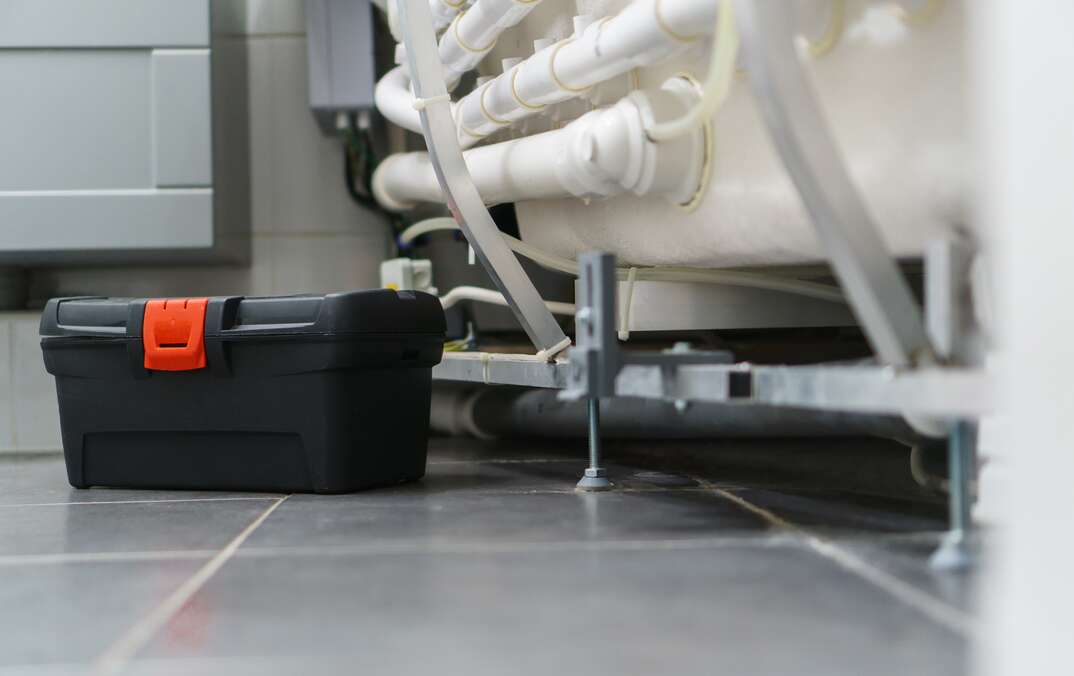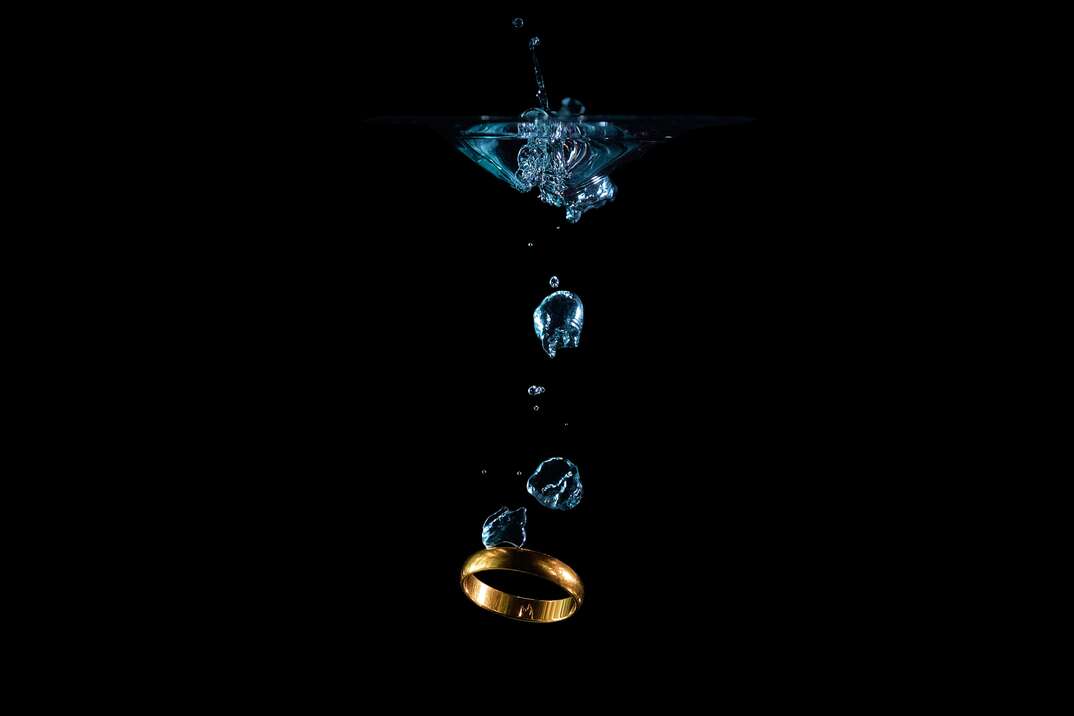6 Ways to Try to Unclog Your Sink Before You Call a Plumber

Clogged sinks are a common plumbing problem, and it's worth trying to clear the clog yourself before paying for a professional plumber. Here are some DIY methods you can try.
What Are Some Ways to Unclog a Sink?
It's best to avoid using drain-cleaning chemicals to clear a blocked sink. Repeated use can cause serious damage to your pipes. Instead, use the following tips for how to unblock a clogged sink without chemicals:
1. Pour Boiling Water Down the Sink
Pouring boiling water down your sink is the quickest and easiest way to remove minor sink blockages without calling a plumber. Simply boil the kettle, pour the hot water carefully down the plughole and turn the tap back on to see if the sink drains correctly.
However, avoid pouring boiling water down your sink if you have PVC pipes because it can damage the pipe connectors and cause leaks. Instead, consider using the vinegar and baking soda sink unclogging trick below.
2. Use a Plunger
A plunger can unclog sinks and toilets by forcing water downwards and is an effective method to try before you call a plumber. Use a different plunger from the one you use for your toilet to avoid contaminating the sink with germs. Consider purchasing a plunger designed to unclog sink drains.
If you have a double sink, begin by plugging the unclogged sink to create an airtight seal. Place the plunger over the clogged plughole and move it up and down vigorously to create downward pressure and force the blockage down the pipe. You'll know you've been successful if the water drains from the sink.
3. Baking Soda and Vinegar
Flushing your plughole with baking soda and vinegar is an effective way to clear a blocked sink if plunging doesn't work or you don't have a plunger to hand. You can also use baking soda and vinegar regularly to prevent further clogs in the future.
Start by tipping a cup of baking soda down the plughole and leaving it to sit for a few minutes. You may need to use a tool like a wooden spoon handle to push the baking soda down the pipe. However, don't use sharp or metal tools that could damage your pipes.
Next, pour a cup of white vinegar down the plughole. The vinegar will react with the baking soda, bubbling and breaking down stubborn deposits. Leave the solution for around 15 minutes, then flush the plughole with water.
4. Use a Drain Snake
A drain snake or auger is a tool used by plumbers to clear blocked pipes. These tools are long wires with barbs that can reach deep inside your pipes and snag clumps of hair and other blockages.
Insert the drain snake into the plughole and feed it down, pushing firmly to guide it around the P-bend. Start turning the handle as soon as you feel resistance to encourage the barbs to attach to the clog. Sometimes, this breaks the blockage down enough to clear the pipe. If not, try pulling the drain snake out of the plughole to see if it drags the clog out with it. You may need to repeat this process several times to remove a large or stubborn blockage.
5. Clean the P-Trap
If you've tried all the tips above and your sink remains stubbornly blocked, there may be a buildup of debris inside the P-trap.
Clear the area under your sink and locate the P-trap, which has a distinctive curved shape like the letter U. Removing the P-trap will allow any accumulated water to escape, so put a bucket underneath to collect it.
Unscrew the pipe connection nuts holding the P-trap in place by hand or using pliers if they're screwed on tightly. Remove the P-trap and use a drain snake or another long object to push out any debris. Rinse the P-trap clean with a garden hose and then screw it back in place, taking care to tighten the nuts securely.
6. Check the Garbage Disposal
The garbage disposal is a common blockage location in kitchen sinks. If your kitchen sink won't drain, it's worth turning the garbage disposal on for a couple of minutes. Often, the disposal unit will grind the blockage up and solve the issue. Otherwise, try resetting the garbage disposal and turning it back on.
If this doesn't work or the garbage disposal unit makes a humming noise, it may be broken. Or, you might need to unclog it manually. Never put your hand in a garbage disposal unit unless you've disconnected the power supply first. Switch off the power, turn the blades by hand or use an Allen wrench inserted into the hole on the unit's underside.


